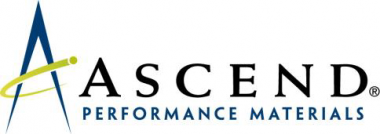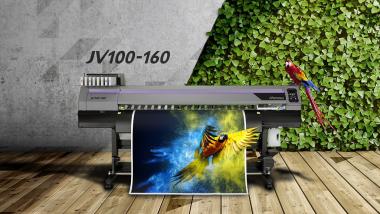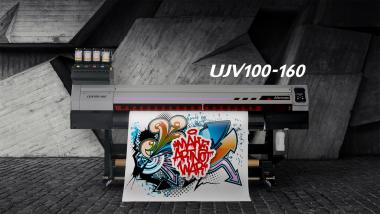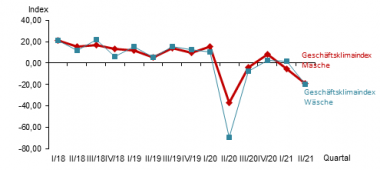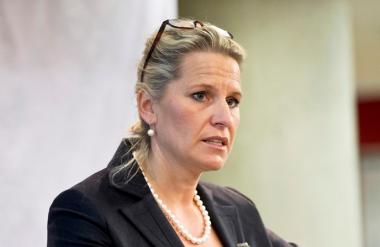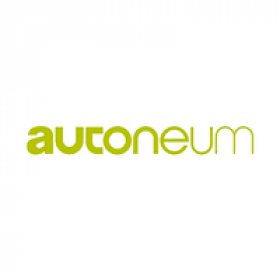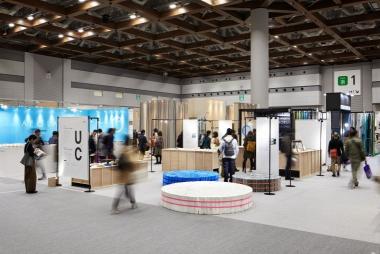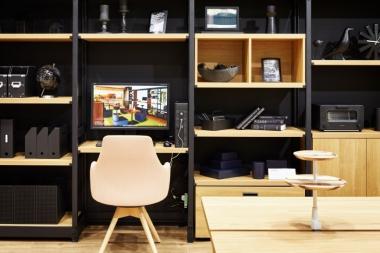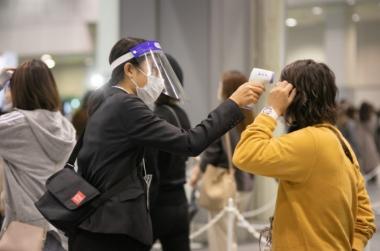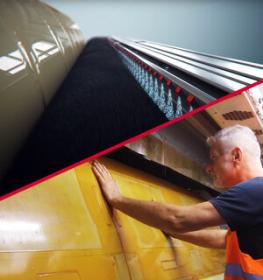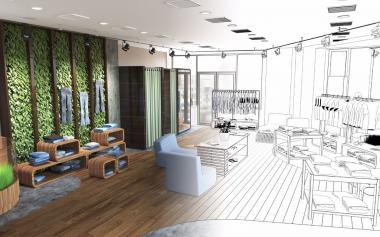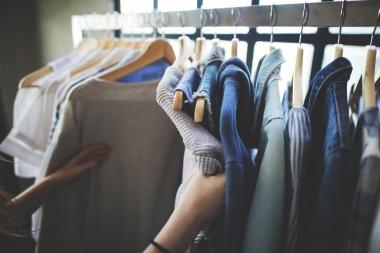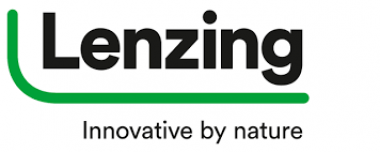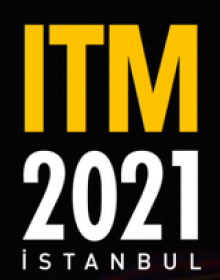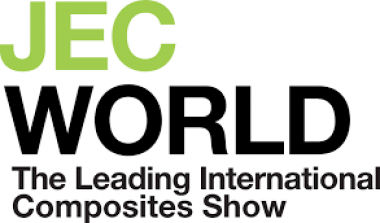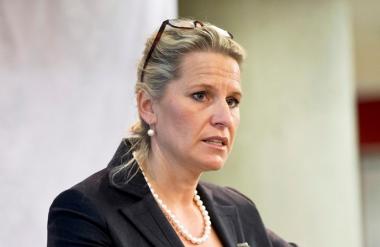Lenzing: Outlook for current financial year raised
The Lenzing Group got off to a better-than-expected start to the financial year 2021, with preliminary EBITDA (earnings before interest, tax, depreciation and amortization) rising by 36.8 percent year-on-year to EUR 94.5 mn in the first quarter of 2021.
Despite the continuing high degree of volatility in the textile sector due to the COVID-19 pandemic, the Managing Board of the Lenzing Group raises its guidance for the 2021 financial year: The Lenzing Group expects the operating result to be at least at the level of the pre-crisis year 2019.
The results of the Lenzing Group for the 1st quarter of the current financial year will be published on Wednesday, May 05, 2021.
Lenzing AG





